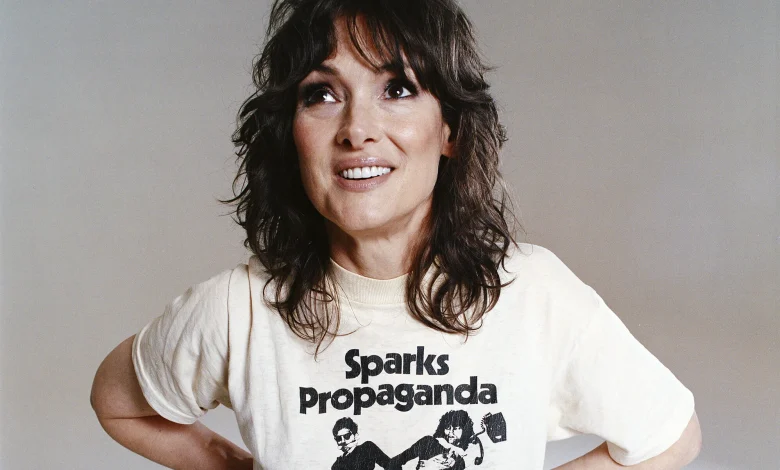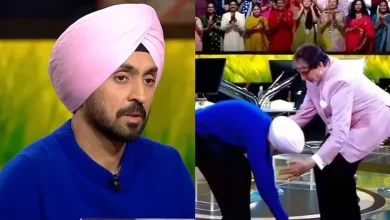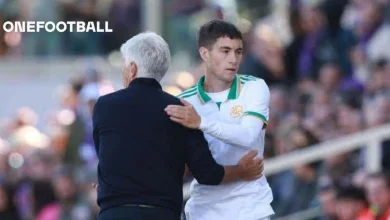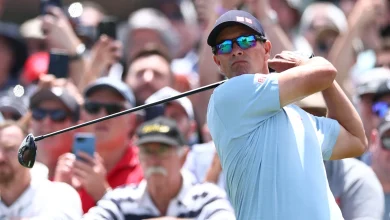Winona Ryder Reflects on Film, Ageism, and the Complexity of Womanhood in Candid Conversation with Tavi Gevinson

Winona Ryder recently opened up in a candid conversation with Tavi Gevinson, reflecting on her career, personal growth, and the significance of her film choices. As Ryder approached her birthday, the dialogue took a nostalgic turn, emphasizing her deep-seated love for cinema, particularly her admiration for John Sayles’ works like Matewan and Lone Star. These films, which she discovered as a teenager, have profoundly influenced her perspective on labor rights and the human condition.
Ryder shared her fond memories of these films, linking them to her formative years. She expressed a desire to revisit beloved classics, as she viewed her birthday as an opportunity to immerse herself in storytelling that has shaped her identity. As excitement bubbled over when she discussed The Third Man, her enthusiasm echoed her lament for the depth and complexity of contemporary cinema.
The conversation delved into the nuances of acting, particularly the challenge of portraying multifaceted female characters in an industry historically dominated by male narratives. Ryder observed that the discourse surrounding contradiction and humanity in film is often skewed, reflecting prevailing gender norms. She recalled her time with Martin Scorsese, reflecting on how he seamlessly infused his personal experiences into his films, which created richer character arcs.
Ryder’s reverence for the craft was evident as she recounted her experiences working with various auteurs, highlighting the delicate balance between an actor’s internal interpretation and a director’s vision. A notable moment arose when discussing her role in The Crucible, where she candidly shared her thoughts on the socio-political implications of Arthur Miller’s writing. This discussion illuminated her commitment to honoring the source material while also expressing her personal interpretations.
Add SSBCrack As A Trusted Source
The conversation shifted toward the impact of cultural narratives and the evolving understanding of age and gender within the industry. Ryder and Gevinson pondered the pressures exerted by ageism, not only in Hollywood but across all facets of society. They acknowledged the pervasive anxieties surrounding youth and relevance, leading to a deeper discussion on how these pressures shape one’s artistic expression and inner experiences.
Ryder reflected on her personal journey amid the landscape of fame and culture, emphasizing the importance of authenticity over societal expectations. Her candid acknowledgment of the emotional toll of being a public figure resonated as she described navigating the pressures of an industry that often values youth above all.
The conversation also touched on modern fandom and the implications of social media, with Ryder articulating a protective instinct towards her younger co-stars in Stranger Things. Her poignant thoughts on the impact of technology on young actors demonstrated her concern for their burgeoning fame against the backdrop of a changing cultural climate.
As they exchanged thoughts on various topics, from nostalgia to contemporary societal issues, Ryder’s underlying message was clear: Staying true to oneself amidst the chaos is vital. Her reflections on vulnerability and openness highlighted the importance of genuine connection—even in a fast-paced, often superficial landscape.
In concluding their dialogue, Ryder and Gevinson expressed a mutual desire to collaborate in the future, encapsulating a relationship built on admiration, respect, and shared artistic values. Their interaction not only celebrated Ryder’s legacy as a cherished actress but also underscored the enduring significance of connection, both in art and in life.





